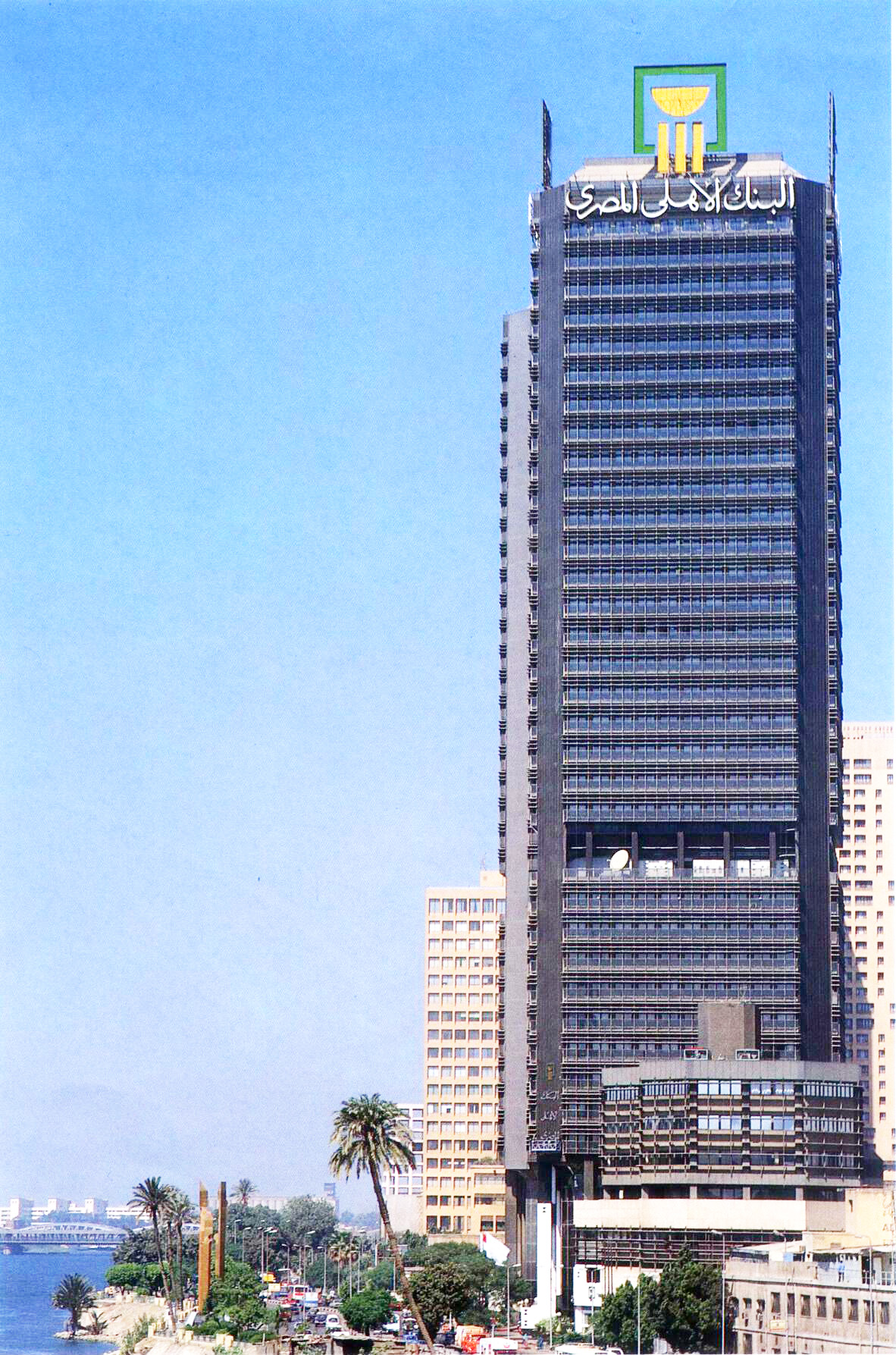
(Photo Public Domain)
Following the tourism sector’s recession, affected by the political and economic turmoil following the 25 January Revolution, the banking sector has stood beside insolvent tourism companies and investors in attempt to revive the sector.
It was in the interests of the banks to help the tourism sector or the sector would have died, National Bank of Egypt (NBE) executive board member Yehia Aboul Fotouh told Daily News Egypt.
In efforts to ease the crisis for tourism investors and companies, the Central Bank of Egypt (CBE) extended the period of an initiative launched in early 2014, aimed at postponing the tourism sector’s debts until the end of that year. They payment delay was to allow the sector to recover, and was to be effective until the end of June.
Several banks responded to the initiative last year, most prominently the NBE, which announced in 2014 that its total non-performing loans amount to EGP 6bn. The tourism and industry sectors represent 75% of the total debt, while other sectors, led by transportation and oil, account for the remaining 25%. The tourism sector accounts for 40% of the total debt versus 35% for industrials.
Regarding whether the CBE will extend the initiative or not, Aboul Fotouh said: “It is really hard to expect this time.”
The tourism sector has begun to recover in Sharm El-Sheikh, Hurghada and Marsa Allam, but has so far yet to be restored to normal capacity in Nuweiba/Taba, Luxor and Aswan, Aboul Fotouh said. He added that these rates are in terms of occupancies, disregarding the hotel prices.
Despite the initiative’s approaching end date, tourism investors are still facing hurdles as in April, Sinai’s Chamber of Hotels requested a delay in paying overdue loans for tourist projects. The projects were established on lands allocated for tourism development until the end of the current year, especially in Nuweiba/Taba and Ras Sedr.
A Chamber of Hotels official told Daily News Egypt at the time that the lower tourist occupancies in hotels located in this area have affected the construction rates as well as projects over the last four years. The official, who requested anonymity, declared that investments under construction in Nuweiba/Taba amount to EGP 12bn, while investments in Ras Sedr exceed EGP 20bn.
Echoing similar demands last December, the Egyptian Federation of Chambers of Tourism requested the banking system postpone debt repayment until the end of 2015, according to a Ministry of Tourism official. He added that European Union (EU) officials had told the ministry the sector cannot handle repayment before 2016.
There are approximately 3.8 million workers in the tourism sector, of which 1.8 million are employed indirectly by the industry, mainly in the hotel industry and tourism companies. Many of those workers were negatively affected by the poor tourism performance following the 25 January Revolution. However, the Egyptian government is still hoping for a tourism rebound as it plans to increase investments in the sector in 2015 through offering land parcels through the General Authority for Tourism Development (GATD).
Tourism investment over the past four years fell by 75%, compared to the period before the 25 January Revolution. The authority was planning to raise five projects for integrated development during the Economic Summit in March, with investments worth EGP 5.2bn, according to a GATD official.
Egypt’s most important source of foreign currency is facing doubt over its return, with violence escalating in the streets due to increasing rates of bombs across Egypt.
While the violence escalating on Egypt’s streets, many tourism experts doubt the return of tourism to its normal level even after the Economic Summit. Although the government is taking action to lure foreign investments and tourism, Egypt’s most important sources of foreign currency, the security situation is still a challenge with the increasing rates of bombs on Cairo streets.


